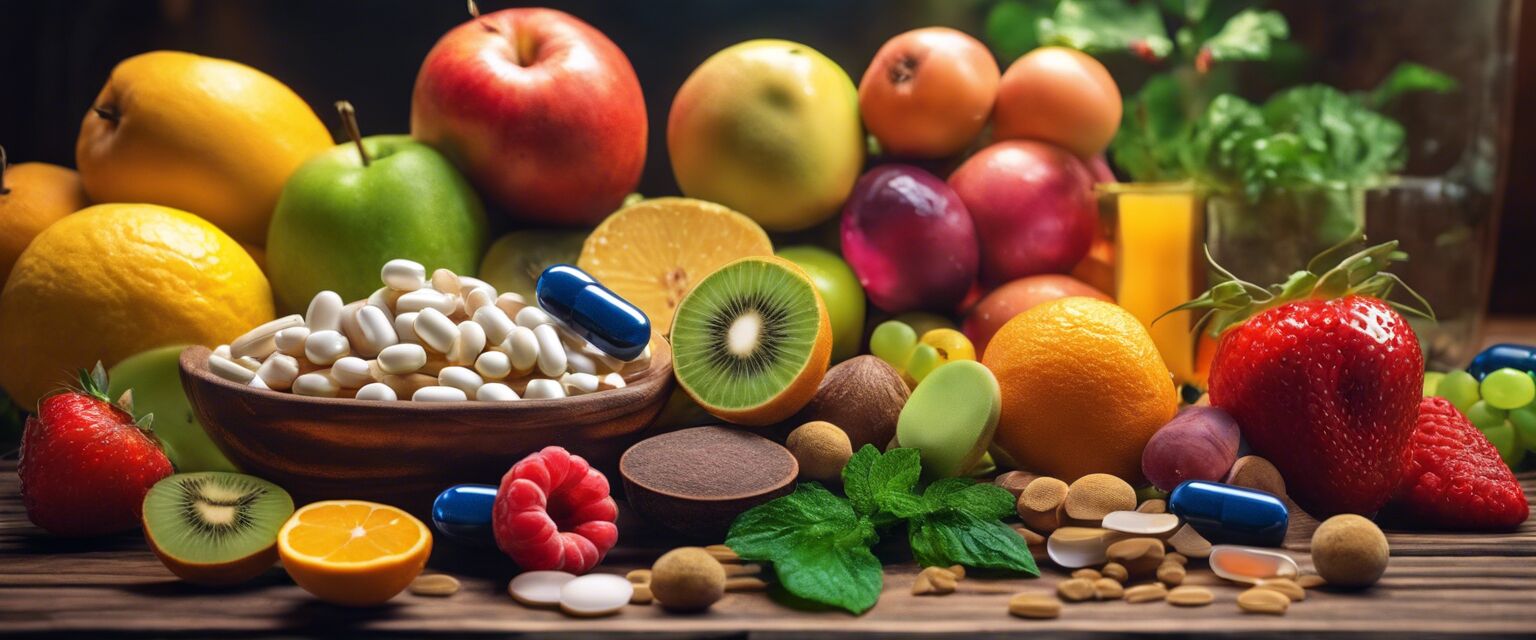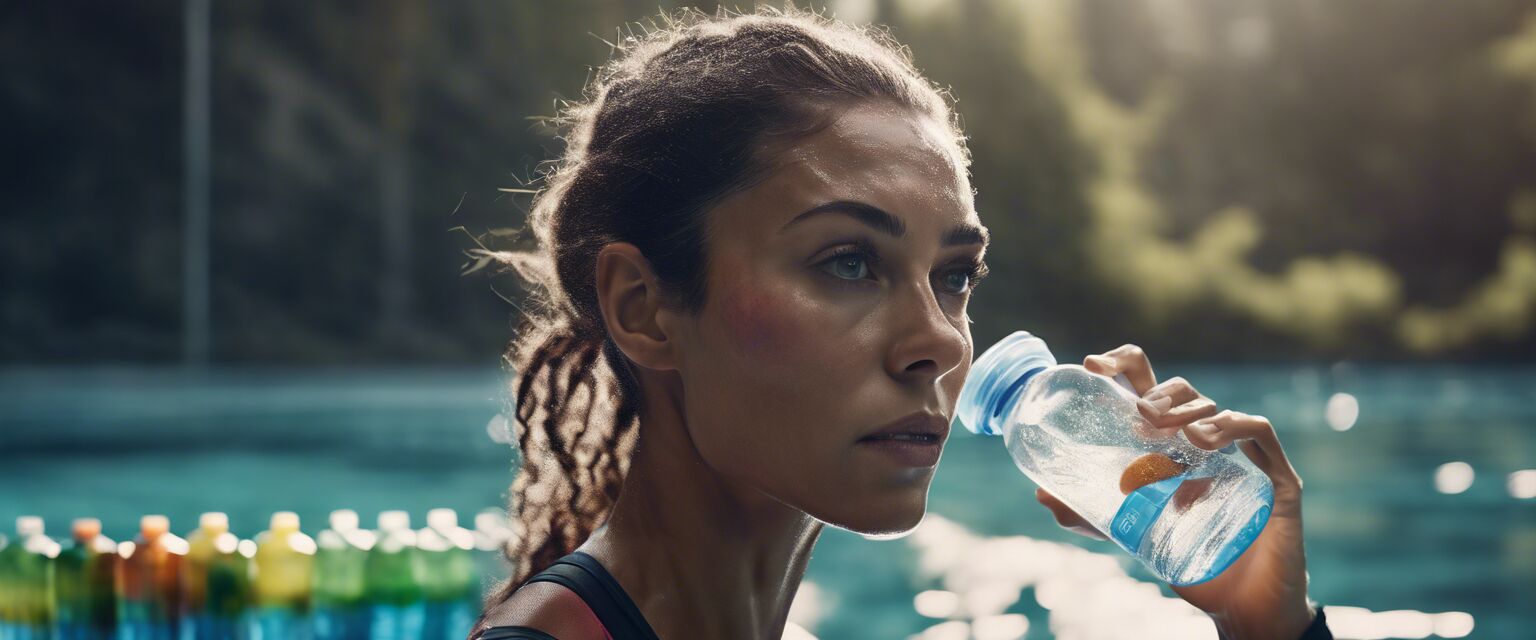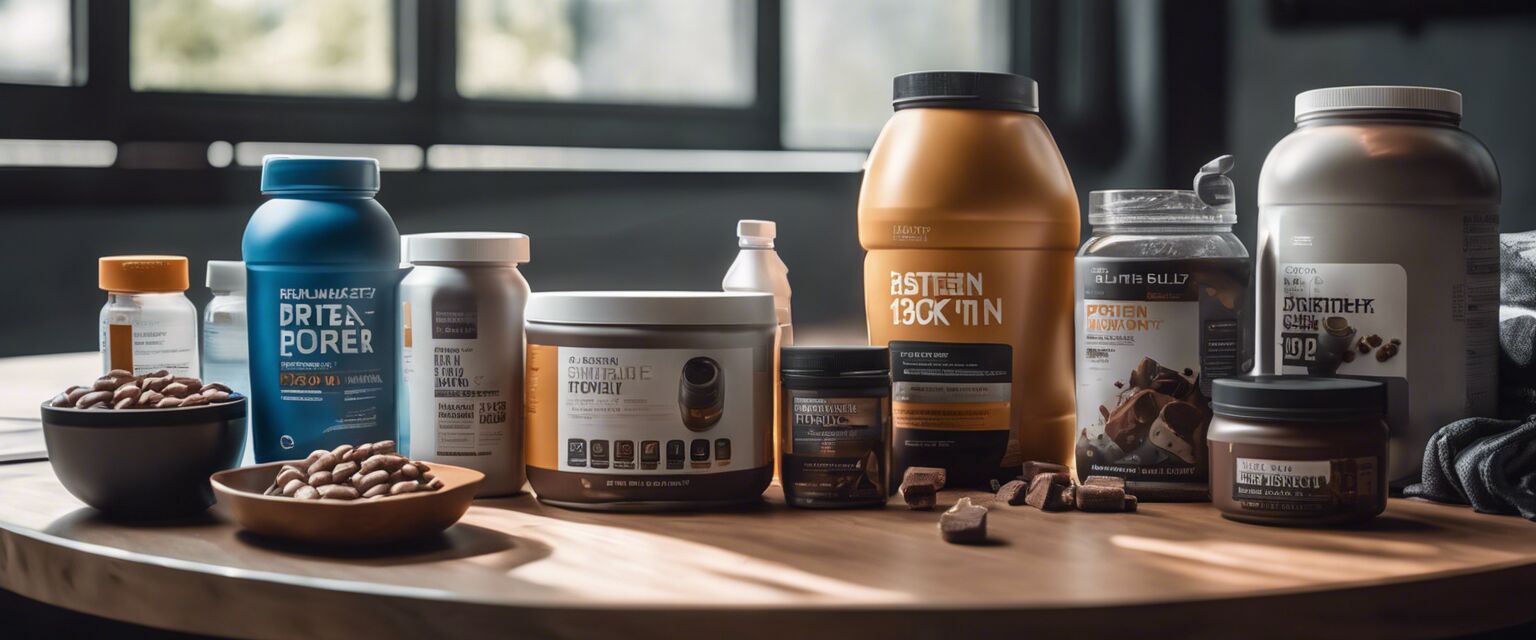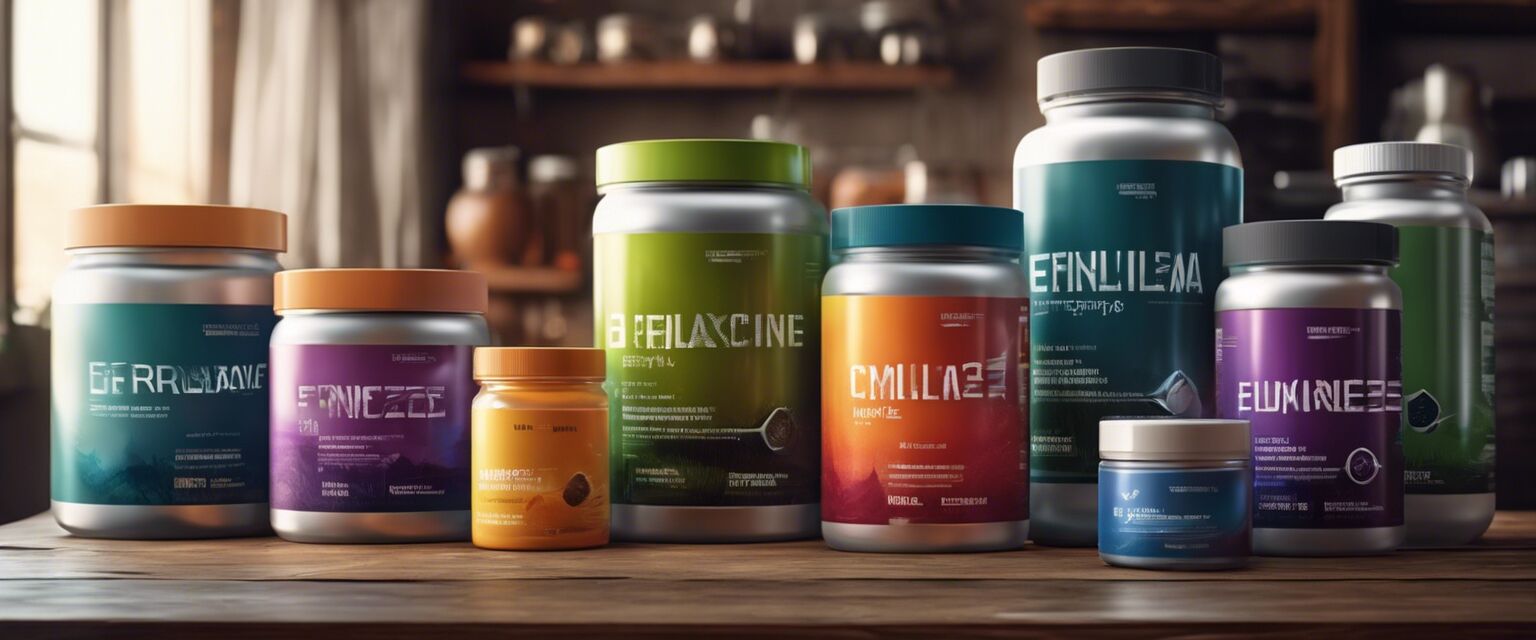
Vitamins and Minerals for Active Women
Key Takeaways
- Active women require specific vitamins and minerals to support their lifestyle.
- Dietary sources of nutrients are crucial, but supplements can also be beneficial.
- Understanding your body's needs will aid in maintaining overall health.
- Consultation with a healthcare professional is recommended before starting any supplements.
Active women engage in regular physical activity, which increases their nutritional demands. This article serves as a comprehensive guide to the essential vitamins and minerals necessary for maintaining energy levels, supporting recovery, and promoting overall well-being. Additionally, you will find various dietary sources and supplement options suited for your active lifestyle.
Why are vitamins and minerals important for active women?
Vitamins and minerals play a vital role in numerous bodily functions, including energy production, muscle function, and immune health. The unique physiological needs of women, especially those who are active, make it crucial to ensure an adequate intake of these essential nutrients. Below are some key reasons why these nutrients are particularly significant:
- Energy metabolism: Certain B vitamins, like B1, B2, B6, and B12, support energy production in the body, enabling active women to perform at their best.
- Bone health: Vitamins D and K, along with calcium and magnesium, are essential for maintaining strong bones, which is particularly important for women.
- Muscle function: Minerals such as potassium and sodium help regulate muscle contraction and prevent cramps during workouts.
- Immune support: Vitamins C and E enhance the immune system, helping to ward off illnesses during intense training periods.
Essential vitamins for active women
1. B Vitamins
B vitamins are a group of water-soluble vitamins that play key roles in energy metabolism. Hereâs a breakdown:
| Vitamin | Benefits | Dietary Sources |
|---|---|---|
| B1 (Thiamine) | Energy production and nerve function | Whole grains, legumes, nuts |
| B2 (Riboflavin) | Energy production and antioxidant protection | Dairy, eggs, green leafy vegetables |
| B6 (Pyridoxine) | Aids protein metabolism and neurotransmitter synthesis | Meat, fish, bananas |
| B12 (Cobalamin) | Red blood cell formation and nervous system health | Meat, dairy, fortified cereals |
2. Vitamin D
Vitamin D is important for calcium absorption and bone health. Active women can increase their vitamin D levels through:
- Sun exposure
- Fatty fish (e.g., salmon, mackerel)
- Fortified milk and orange juice
3. Vitamin C
Vitamin C is renowned for its antioxidant properties and role in collagen synthesis, crucial for joint health. It's found in:
- Citrus fruits (oranges, lemons)
- Strawberries
- Bell peppers
Essential minerals for active women
1. Calcium
Calcium is essential for bone density and muscle function. Active women should prioritize sources such as:
- Dairy products (milk, yogurt)
- Leafy greens (kale, broccoli)
- Fortified plant-based milk
2. Magnesium
Magnesium helps with muscle recovery and energy production. Good dietary sources include:
- Nuts and seeds (almonds, pumpkin seeds)
- Whole grains (brown rice, quinoa)
- Legumes (black beans, lentils)
3. Potassium
Potassium plays an essential role in fluid balance and muscle contractions. Foods high in potassium are:
- Bananas
- Spinach
- Sweet potatoes
Supplement options for active women
While it is always ideal to obtain nutrients from food sources, supplements can help fill any gaps in your diet:
- Multivitamins: A good multivitamin can provide a broad range of essential nutrients
- Protein powders: Useful for muscle recovery and achieving protein intake
- Calcium and Vitamin D supplements: May be especially beneficial for women who are lactose intolerant or not consuming dairy
How to assess your nutrient needs
Understanding your personal nutrient needs can help you make informed dietary choices:
- Track your food intake to identify nutrient gaps.
- Consult with a registered dietitian or healthcare professional for personalized advice.
- Consider getting blood tests to determine any deficiencies.
Conclusion
Being an active woman comes with unique nutritional requirements. By focusing on the essential vitamins and minerals outlined in this guide and incorporating a balanced diet, you can optimize your health and performance. Always remember to consult with a healthcare professional before introducing new supplements.
Tips for beginners
- Eat a variety of fruits and vegetables to ensure you cover a broad range of nutrients.
- Stay hydrated, especially when exercising regularly.
- Read labels on supplements carefully and choose ones that are backed by research.
Pros
- Improved energy levels
- Enhanced recovery time
- Stronger immune system
- Healthier bones and muscles
Cons
- Potential for over-supplementation
- Expense of high-quality supplements
- Digestive issues from certain supplements
Additional resources
For more in-depth information on related topics, check out the following links:
- Vitamins & Minerals
- Energy Bars & Snacks
- Post-Workout Recovery
- Pre-Workout Supplements
- Protein Supplements
Frequently Asked Questions (FAQs)
1. Can I get enough vitamins and minerals from food alone?
While it's possible, many active women may benefit from supplements due to increased nutritional needs.
2. Are supplements safe to take?
Most supplements are safe when taken as directed, but it's essential to consult with a healthcare professional before starting any new regimen.
3. How do I know if I have a deficiency?
Common signs include fatigue, weakness, and muscle cramps. Blood tests can also help diagnose deficiencies.







